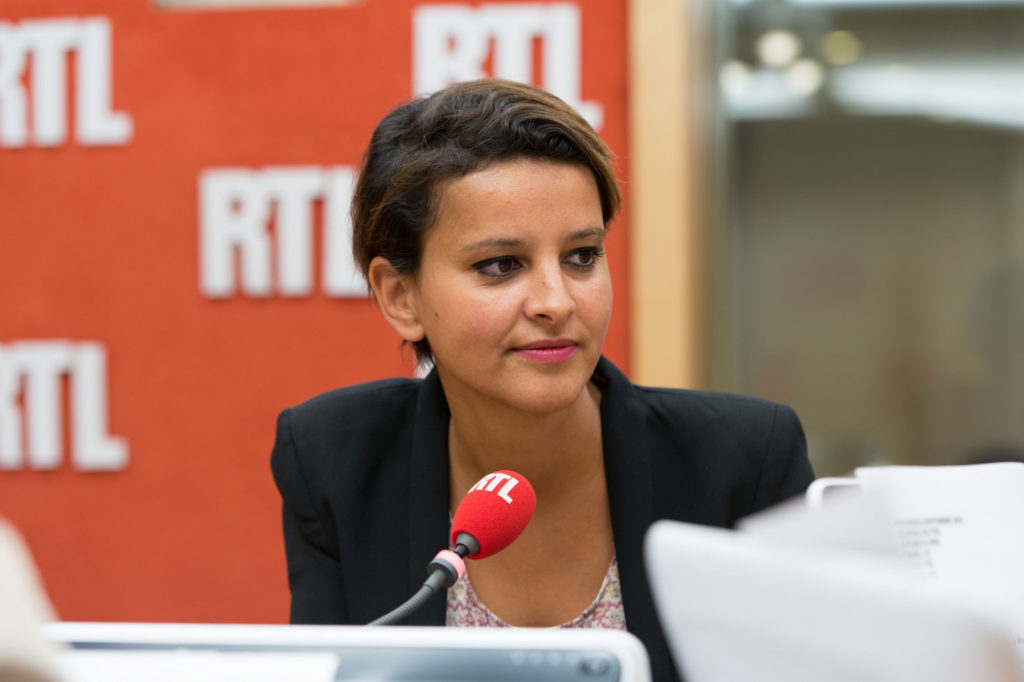
I will be speaking at an event in South Africa next week. I was actually going to turn it down, but am glad I did not because if I had, it would have been another bloody manel. As it is, I am the only woman speaking on this one. Far from being a solution it is actually a problem.
So …
After much reflection, I have decided that this will be the last such panel I do. I have decided that I will no longer appear on any panel anywhere in the world where I am the only woman speaking with a bunch of men.
If I am the only woman invited to speak on a panel, I will not speak. I will turn it down. I have no interest in being a statistic in a gender ticking exercises, in being there for skewed “gender balance”. And I have no interest in working with people of such little imagination that they willfully exclude half the population.
If you cannot include more than one woman on your panel, then you are not worthy of my time.
That is all.
(Photo Credit: Twitter / Jennifer Glass)
